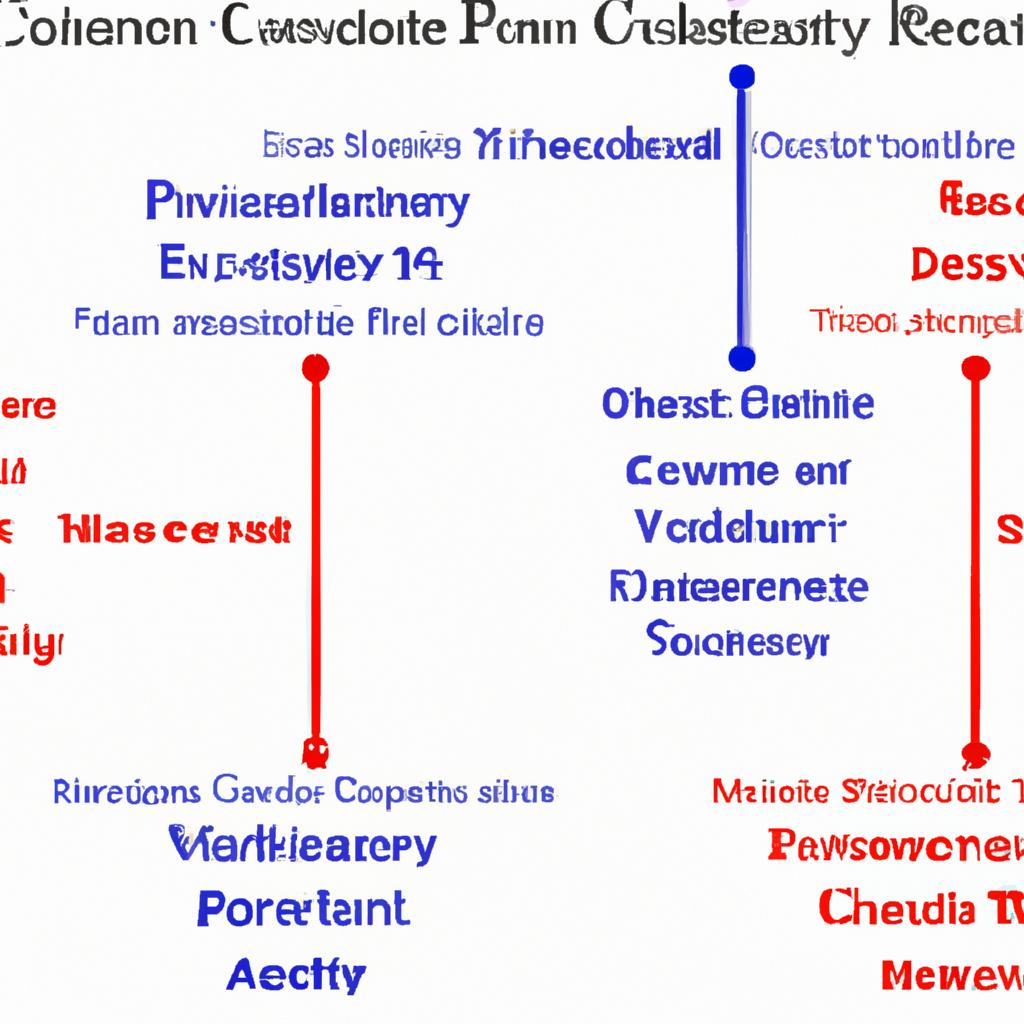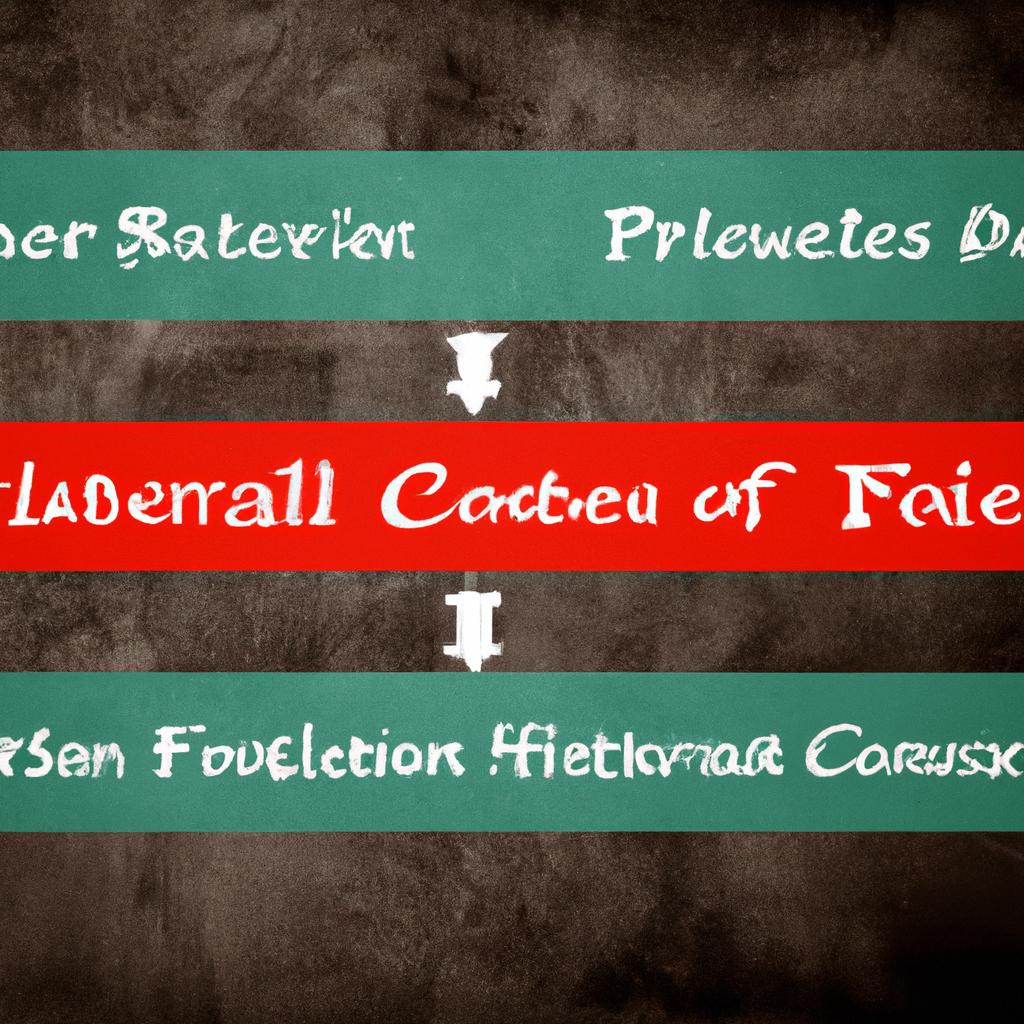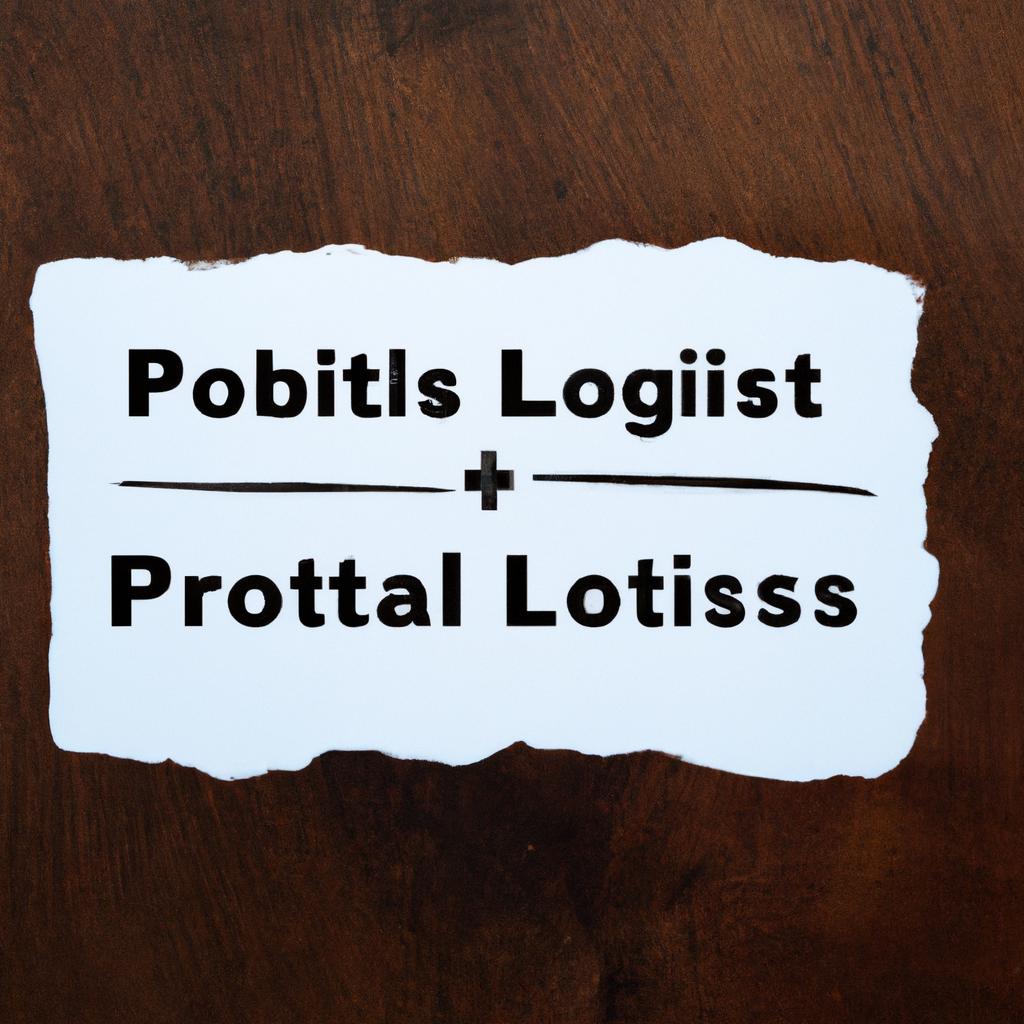Probate administration is a complex and often costly process that individuals and families must navigate following the passing of a loved one. One crucial aspect of this process is understanding the varying probate costs by state, which can greatly impact the distribution of assets and the overall efficiency of the process. At Morgan Legal Group in New York City, we specialize in estate planning, probate, elder law, Wills, and trusts, and have extensive experience helping clients across the country navigate the complexities of probate administration. In this article, we will delve into the intricacies of probate costs by state, providing valuable insights and information for individuals seeking guidance in this important legal matter.
Understanding the Variability of Probate Costs Across States
When it comes to the variability of probate costs across states, it is essential to understand that each state has its own set of laws and regulations governing the probate process. These laws can greatly impact the cost of probate, including court fees, attorney fees, executor fees, and other related expenses. For example, some states have higher court fees or require more extensive legal procedures, resulting in higher overall probate costs.
Furthermore, the complexity of the estate, the number of assets involved, and any disputes among beneficiaries can also influence probate costs. In states where probate is more straightforward and streamlined, costs may be lower compared to states with more complicated probate processes. It is crucial for individuals to be aware of these variations in probate costs by state to better plan for their estate and ensure that their assets are distributed according to their wishes.

Factors Influencing Probate Costs and Fees in Different Jurisdictions
Factors influencing probate costs and fees can vary significantly depending on the jurisdiction in which the probate process takes place. Some key factors to consider when assessing probate costs by state include:
- State Laws: Each state has its own laws governing probate, including requirements for filing documents, court fees, and executor compensation.
- Complexity of the Estate: The size and complexity of the estate can impact probate costs, as more extensive estates may require additional legal work and court appearances.
- Attorney Fees: Attorney fees can also vary by state, with some states allowing attorneys to charge a percentage of the estate value while others set a flat fee or hourly rate.
In addition to these factors, probate costs can also be influenced by the efficiency of the court system, the availability of online filing options, and the level of competition among probate attorneys in the area. By understanding how these factors can impact probate costs in different jurisdictions, individuals can better prepare for the probate process and ensure that their loved ones are not burdened with excessive fees and expenses during an already difficult time.
| State | Probate Costs |
| New York | $2,500 - $5,000 |
| California | $3,000 - $7,000 |
| Texas | $2,000 – $4,000 |

Navigating Complex Probate Cost Structures: Tips for Effective Estate Planning
When it comes to navigating complex probate cost structures, effective estate planning is key. Understanding the probate costs by state can help individuals and families prepare for the financial implications of probate proceedings. Here are some tips to consider:
- Research State-Specific Probate Costs: Each state has its own probate fees and processes. Research the probate costs in your state to better understand what to expect.
- Work with an Estate Planning Attorney: An experienced estate planning attorney can help you navigate complex probate cost structures and develop a plan that minimizes costs and maximizes benefits for your beneficiaries.

Strategizing for Minimal Probate Costs: Insights from Legal Experts
When it comes to minimizing probate costs, it is crucial to understand the laws and regulations specific to each state. Legal experts at Morgan Legal Group have compiled a comprehensive list of probate costs by state to provide valuable insights for individuals looking to strategize and plan effectively. By considering the variances in probate fees and processes across different states, individuals can make informed decisions to reduce costs and streamline the probate process.
One key factor to consider is the estate size, as different states have varying thresholds for estates that qualify for simplified probate procedures. For example, states like New York have a higher threshold for small estates to qualify for simplified probate, which can significantly reduce costs and expedite the process. Additionally, understanding the filing fees, attorney fees, and other associated costs in each state can help individuals plan ahead and budget accordingly. By leveraging the expertise of legal professionals and staying informed about probate costs by state, individuals can proactively plan and minimize expenses in the probate process.
Q&A
Q: What is probate and why does it cost money?
A: Probate is the legal process of administering a deceased person’s estate. It often involves court fees, attorney fees, and other related expenses.
Q: How are probate costs determined in each state?
A: Probate costs vary by state based on factors such as court filing fees, attorney fees, and the complexity of the estate.
Q: What are some common expenses associated with probate?
A: Common expenses include court fees, attorney fees, appraisal fees, and executor fees.
Q: Which states have the highest probate costs?
A: States with higher living costs and higher court fees tend to have the highest probate costs, such as California and New York.
Q: Are there any ways to lower probate costs?
A: Some ways to lower probate costs include creating a revocable living trust, naming beneficiaries on accounts, and making sure estate planning documents are up-to-date.
Q: Do all estates have to go through probate?
A: Not all estates have to go through probate. Small estates or estates with designated beneficiaries may be able to bypass the probate process.
Q: Are probate costs tax-deductible?
A: In some cases, probate costs may be tax-deductible. It’s best to consult with a tax professional for specific advice.
Final Thoughts
In conclusion, navigating probate costs can be a complex and daunting task, varying greatly from state to state. Understanding the intricacies of probate laws and fees in your specific location is crucial in order to properly plan for the distribution of your estate. By seeking advice from legal professionals and estate planning experts, you can ensure that your assets are managed efficiently and effectively, minimizing costs and delays in the probate process. Remember, knowledge is power when it comes to probate costs by state.

